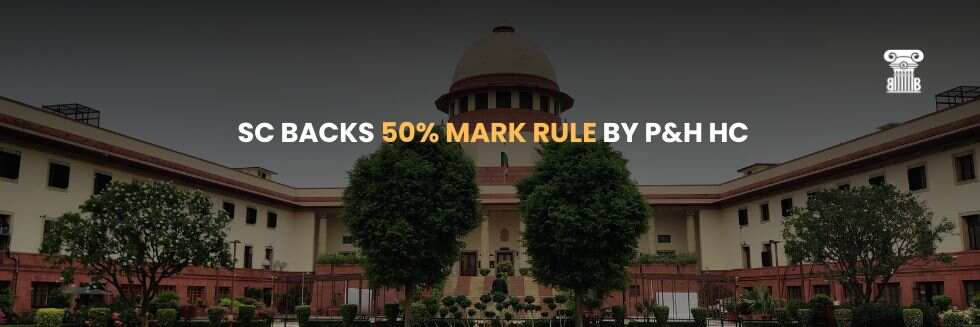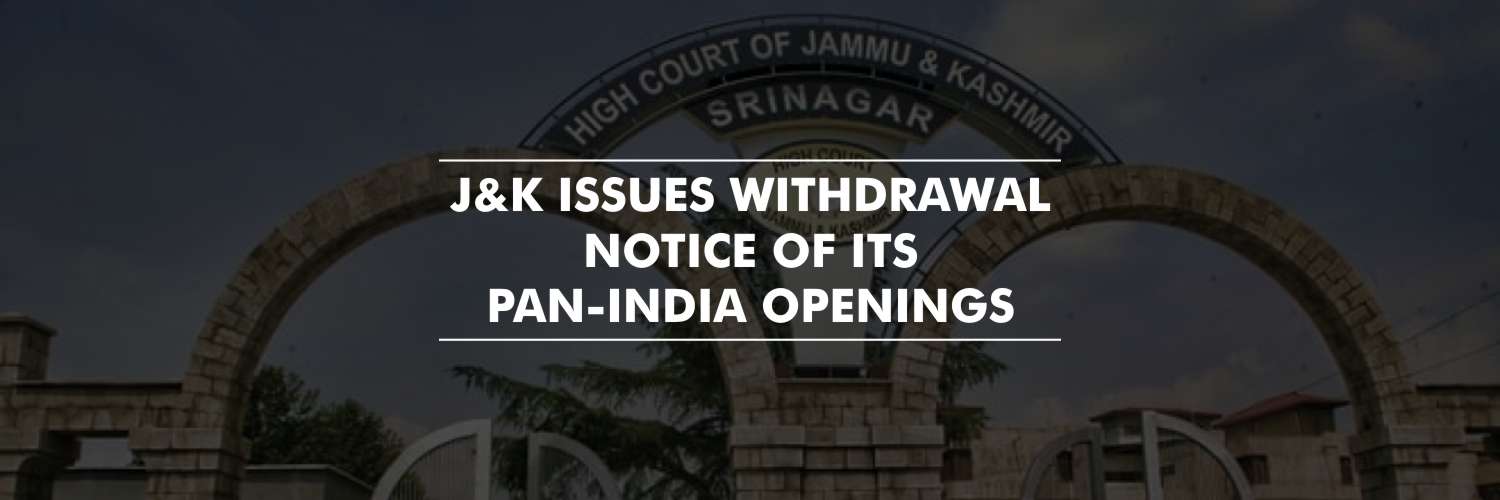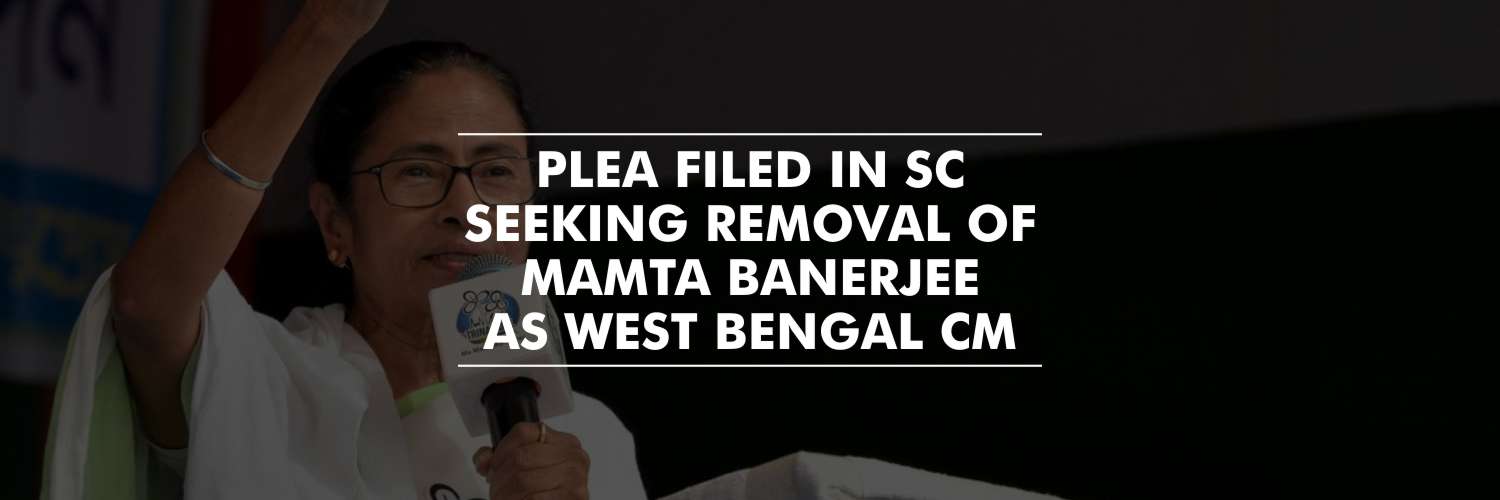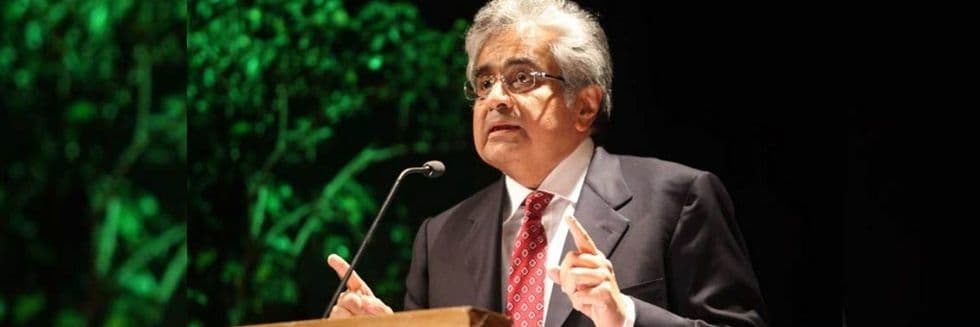Amidst legal intricacies and administrative disputes, the Supreme Court’s recent ruling solidifies the Punjab and Haryana High Court’s stance on judicial promotions. Upholding the requirement of securing a minimum 50% marks in interviews for promotion to the esteemed role of District Judges, the apex court’s decision reaffirms the autonomy of the High Court in setting promotion criteria. In a landmark verdict, the bench led by Chief Justice DY Chandrachud dismisses challenges marking a significant milestone in judicial protocol and procedure.
CASE DETAILS:
Dr. Kavita Kamboj v. High Court of Punjab and Haryana & Ors.
Diary No(s). 508/2024
Supreme Court
Coram: Chief Justice of India DY Chandrachud, Justice JB Pardiwala and Manoj Misra
BRIEF FACTS:
- The High Court is mandated to conduct a written test worth 75 marks and a viva voce examination worth 25 marks to evaluate candidates’ legal knowledge and proficiency in accordance with Rule 8.
- A resolution passed on 29th January 2013 by the P&H High Court required candidates to secure an aggregate of 50% marks in both written and viva voce tests for eligibility for promotion.
- However, on 11th November 2021, the recruitment and promotion committee decided that candidates must individually secure 50% marks in both written and viva voce tests for promotion eligibility which was subsequently approved by the full court on 13th November 2021.
- The High Court’s directive faced opposition primarily due to the absence of minimum cut-off criteria for viva voce as prescribed by the Rules. Additionally, the State of Haryana objected to the direction, citing the lack of consultation with the State Government as mandated by Article 233 before establishing the criteria.
- Despite this, the Punjab & Haryana High Court directed Haryana to implement the recommendations for appointing 13 judicial officers as additional district and session judges within two weeks.
OBSERVATIONS:
The Supreme Court ruled that the High Court was justified in setting a minimum cut-off for the viva voce examination through a Full Court resolution as the Rules did not explicitly address this aspect. It distinguished this case from a previous judgment involving the Kerala High Court where there was already a clear prescription in the rules regarding cut-off criteria. In the absence of such clarity in the current case, the High Court had the authority to establish the modalities for marking marks.
Chief Justice DY Chandrachud emphasized that candidates must demonstrate not only theoretical knowledge but also practical application of substantive law during the interview. The Court asserted that the High Court has the discretion to determine that in-service officers should undergo interviews to assess their suitability.
Regarding the State Government’s reliance on Article 233, the Court rejected the argument stating that since the Rules did not address the issue, any disputes between the State and the High Court should have been resolved through a consultative process rather than being a matter of legal obligation under Article 233.
JUDGEMENT:
On February 13, the Supreme Court upheld the criteria established by the Punjab and Haryana High Court which mandates that judicial officers aspiring for promotion to the position of District Judges must achieve a minimum of 50% marks in the interviews. A bench consisting of Chief Justice of India DY Chandrachud, Justice JB Pardiwala and Manoj Misra dismissed a group of special leave petitions filed by unsuccessful candidates and the State of Haryana which contested the High Court’s directive to promote 13 judicial officers meeting the specified criteria as District Judges.






